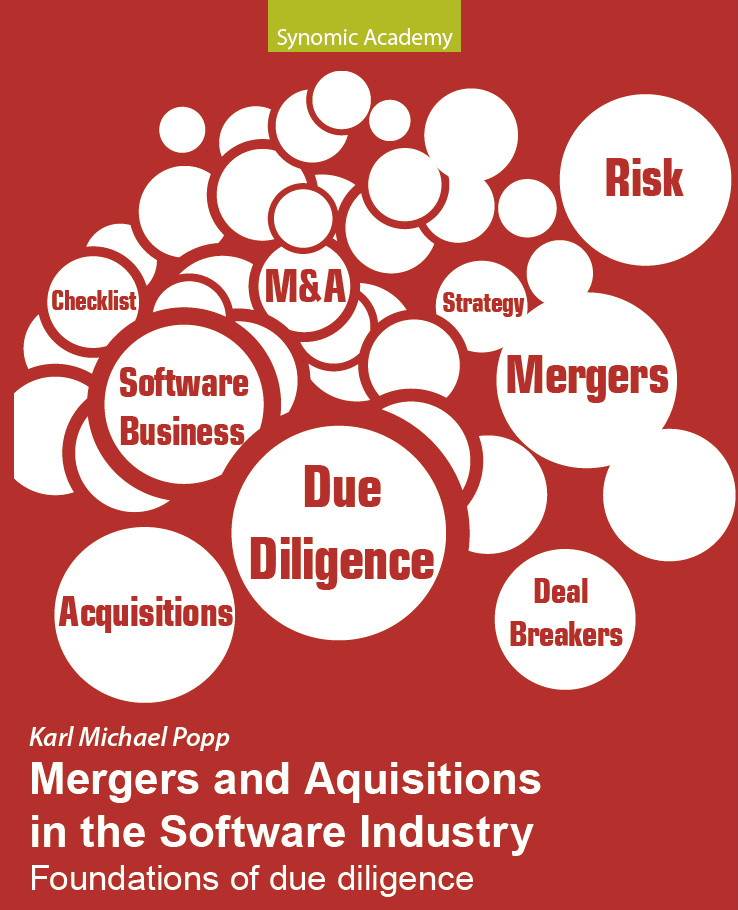Mergers and acquisitions: the role of intellectual property
In today's competitive business landscape, mergers and acquisitions (M&A) have become critical strategies for growth and expansion. As companies seek to gain a competitive edge and access new markets, the importance of intellectual property (IP) in M&A decisions has become increasingly evident.
The value of a target company's IP portfolio can significantly impact the success of an M&A deal. Trademarks, patents, copyrights, and trade secrets are not just legal assets – they are often the cornerstones of a company's innovation and competitive advantage.
When considering potential targets for M&A, evaluating the strength and potential of their IP assets is paramount. A comprehensive IP due diligence process can provide valuable insights into the target's innovation capabilities, market differentiation, and potential risks.
Moreover, strategically acquiring companies with valuable IP can provide the acquiring entity with new revenue streams, expanded market reach, and enhanced technological capabilities. This approach enables organizations to leverage the acquired IP assets to drive product innovation, strengthen market positioning, and create sustainable competitive advantages.
However, it is crucial for organizations to approach IP-focused M&A with a structured and informed strategy. Collaborating with IP experts, conducting thorough IP audits, and utilizing IP valuation methodologies are essential elements in the decision-making process.
In conclusion, the role of IP in M&A is a critical consideration for organizations seeking growth and market leadership. By recognizing the value of IP assets and integrating IP considerations into M&A strategies, companies can seize opportunities to unlock new potential and drive sustainable growth.
Like my thoughts? READ MY NEW BOOK
ORDER AT AMAZON
ORDER IN GERMANY









